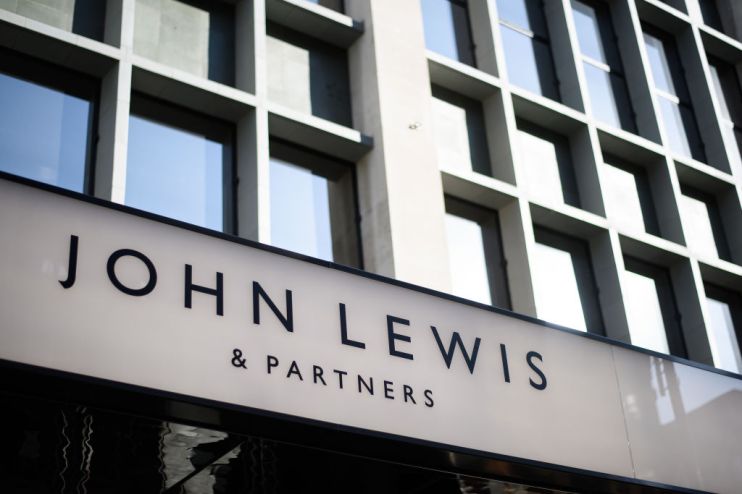Shakespeare: John Lewis ad tugs at our purse strings

John Lewis’ Christmas advert is undoubtedly a highlight of the festive season for many, with the retail department store’s commercial broadcast increasing in budget, production value and celebrity soundtracks every year.
However, as with many things this year, there was uncertainty as to whether there would even be an advert.
According to Waitrose’s executive director, James Bailey, the company considered whether it was right to produce an advert in 2020 after the inequalities the pandemic had highlighted among the most vulnerable.
A YouGov poll in November showed that over half of Britons felt that Christmas adverts this year should acknowledge COVID-19 (53%), although a quarter disagreed (25%) and a significant number were undecided (22%).
New YouGov BrandIndex data shows that in the days after the 2020 John Lewis seasonal advert’s release, Ad Awareness scores (whether someone has seen or heard an advert by the company in the past two weeks) increased 18.3 points. Since then scores have dipped slightly, but continue to remain more the 6 points higher than at launch date.
Word of Mouth Exposure scores (whether someone has talked about the brand with friends and family in the last two weeks) also improved by 4.4 points while Consideration scores (whether someone would consider purchasing from the brand in future) grew 5.6.
Read more: Shakespeare on Monzo’s terrible week
Comparing the impact of John Lewis’ 2020 advert to its 2019 edition shows that, while the advert has been a hit with the public this year, it doesn’t quite achieve the impact seen last year. After the release of the Excitable Edgar advert in 2019, Ad Awareness scores grew 31.1 points (12.8 more than this year) and Word of Mouth Exposures scores grew by 9.3 points (4.9 more than in 2020).
However, where 2020’s ‘Give a Little Love’ succeeds is in terms of purchase consideration – arguably the most important metric in a year where many retailers have struggled to get shoppers into stores. Consideration scores increased 4.4 points in 2019 compared to 5.6 points in 2020, while also remaining more level throughout the Black Friday and Christmas shopping period.